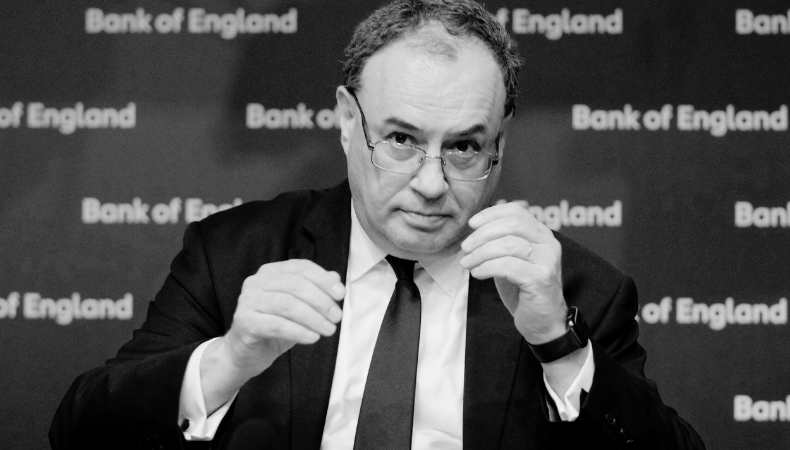Andrew Bailey, the Governor of the Bank of England, has signalled that interest rates will likely need to be cut in the coming quarters to maintain inflation at the 2% target. Despite policymakers voting to keep interest rates steady at 5.25%, Bailey emphasized the need for rate cuts, possibly exceeding current market expectations.
Money markets had anticipated two rate cuts by the year’s end before Bailey’s remarks. He stated that a rate reduction in June was not definitively ruled out nor guaranteed.
Bailey expressed optimism regarding falling inflation in the upcoming months, attributing it to encouraging economic indicators. He emphasized the necessity of observing sustained low inflation before implementing rate cuts.

Sir Dave Ramsden, the Bank’s deputy governor, supported calls for reducing borrowing costs, citing signs of inflation’s descent.
The Bank’s recent economic assessment revealed a 0.4% growth in the UK economy during the first quarter, marking a recovery from recession. It projected inflation to have eased back to the 2% target in April from 3.2% in March, with food prices stabilizing around this level for the remainder of the year.
Investors have adjusted their expectations, bringing forward predictions for rate cuts from August to June, with rates potentially dropping to 4.75% by year-end.
Source : Property Notify